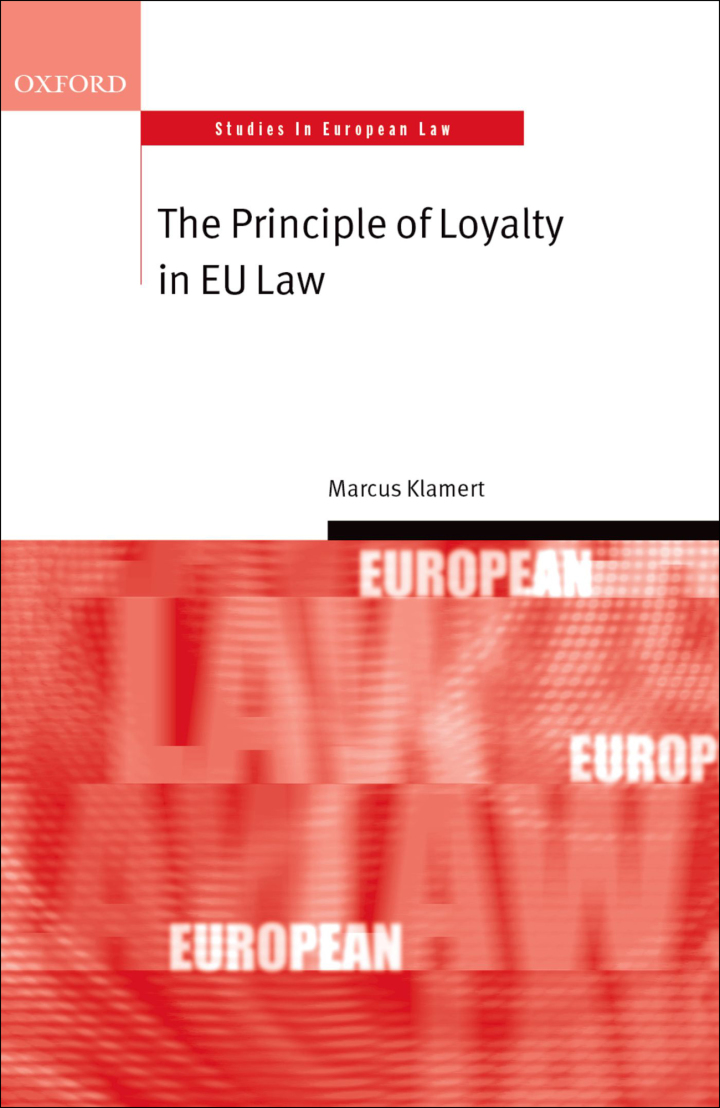The Principle of Loyalty in EU Law
$58.50
Attention: This is just ebook, Access Codes or any other Supplements excluded! / File Delivery: Sent Via Email within 24 hours!
SKU: 7e2ea1b45e67
Category: Law Textbooks
Description
-
Author(s)Marcus Klamert
-
PublisherOUP Oxford
-
FormatPDF
-
Print ISBN
9780199683123, 0199683123 -
eText ISBN
9780199683123, 0199683123 -
Edition
-
Copyright
- Details
This is an open access title available under the terms of a CC BY-NC-ND 3.0 International licence. It is free to read at Oxford Scholarship Online and offered as a free PDF download from OUP and selected open access locations. Despite its seemingly innocuous wording, in what is now Article 4 (3) TEU, the principle of loyalty has had a significant impact in deepening the reach of EU law within the Member States. The duty of sincere cooperation has been interpreted strongly by the European Courts as imposing serious duties on States to give strong effect to European legal acts. The principle has been central to the development of Union law since the 1960s, and is still being relied on by the European Court of Justice to often-controversial effect. Providing a thorough discussion of the principle of loyalty in EU law, this book introduces a novel classification of the very diverse roles loyalty plays in the EU. It distinguishes between the effects loyalty prescribes for interlocking the legal orders of the Member States with Union law, its application in preventing and resolving conflicts between the Union and the Member States, and the loyalty principle’s role in the shaping of EU law. It addresses important and yet unresolved questions pertaining to loyalty, such as its relation to the principles of solidarity, pre-emption, the Union interest, institutional balance, and the unity of international representation. The book explains why loyalty has been neglected in the prevailing narratives about the foundational case law of the European Court of Justice, and highlights its central importance to understanding EU public law.
Related products
-

Blackstone’s Guide to the UK Internal Market Act 2020
Rated 0 out of 5$22.10 Add to cart -

Against Capital Punishment
Rated 0 out of 5$12.35 Add to cart -

Blackstone’s Guide to the Proceeds of Crime Act 2002 5th Edition
Rated 0 out of 5$34.12 Add to cart -

A Theory of International Organization
Rated 0 out of 5$11.05 Add to cart

